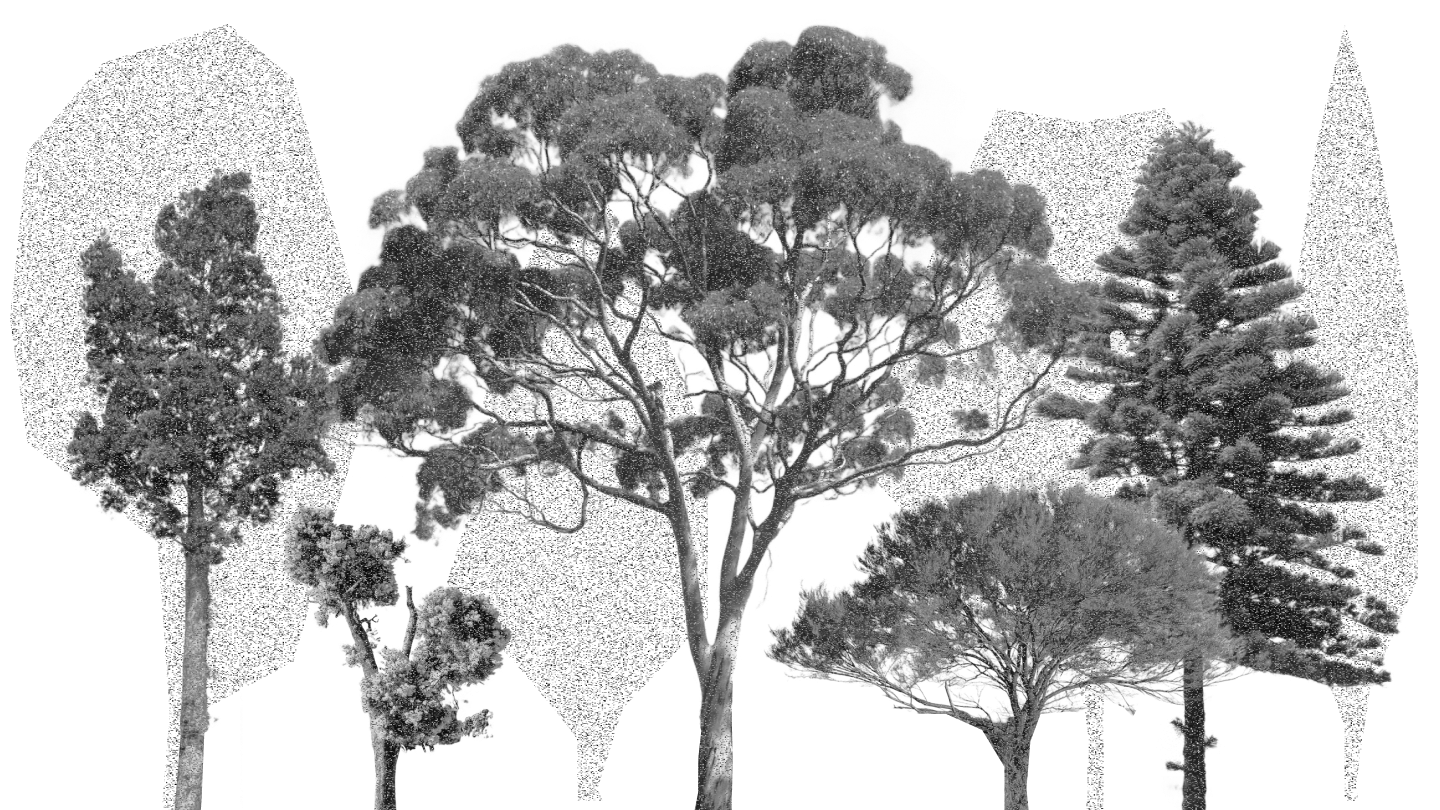Overview
On 22 July 2024, The Superpower Institute submitted an ACCU method development proposal to the Emissions Reduction Assurance Committee (ERAC) via the Independent Review of Australian Carbon Credit Units. This proposal is for Comprehensive Carbon Accounting – a fully-comprehensive, technologically-advanced measurement, monitoring and verification framework with which to award carbon credits to landholders that effectively manage their land for carbon.
Building on over twenty years of research in carbon cycle measurement and modelling, TSI’s Chief Scientist, Professor Peter Rayner’s expertise reliably models and measures changes in carbon in above-ground and below-ground carbon stocks. The DARLEC and BETHY land surface vegetation models take advantage of satellite and remote sensing data from existing and emerging international satellite programmes and combine this with best practise ground-measurements.
Adapted to Australia’s landscapes, this provides a set of measurements that are agnostic to methodologies, allowing all forms of landscape change to be measured and accredited. An outcomes-based approach to landscape carbon measurement is detailed in the attached ACCU method development proposal, submitted to the ERAC in July 2024.
There is a need to better account for all changes in landscape carbon, which provides more opportunities for landholders to be awarded for good land management, now and into the future.
There is also a need to improve trust in the Australian carbon credit market – a trend reflected globally in voluntary carbon credit markets. Moving towards a comprehensive carbon assessment that simplifies both the measurement process and the accounting of carbon sequestration for credits will ensure that good and bad land management is appropriated rewarded or penalised. This approach will also more effectively sequester carbon for long term storage and for zero-emission bio-products, which will be central to reducing emissions in the land sector and in hard-to-tackle sectors such as aviation and shipping.

